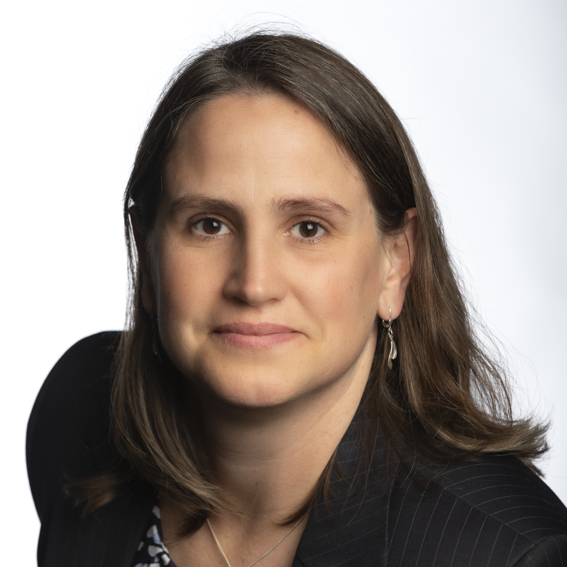Doctoral studies
Content, qualifications and skills
The doctoral program in natural sciences serves to train scientists at a high international level. In their dissertation, doctoral students undertake to independently tackle new scientific questions. They acquire new knowledge and broaden their methodological skills in a compulsory subject, from which the dissertation also originates, as well as in an elective subject. The topic of the dissertation must come from a subject in the Faculty of Natural Sciences or a doctoral school (molecular biology, biology, biochemistry, chemistry, pharmaceutical sciences, etc.). The doctoral program promotes the further development of specific scientific working methods in the respective natural science subject area. Students acquire the ability to critically analyze, evaluate and link complex ideas. They are put in a position to develop adequate solutions to problems in research as well as in business and industry. Apart from the subject-specific level, key interdisciplinary qualifications (project and time management, problem-solving skills and flexibility) are further developed when writing a dissertation.
Expected learning outcomes
Graduates of the doctoral program in Natural Sciences are highly qualified young researchers with a broad range of specialist and methodological skills that they can apply to specific issues. They are able to pursue current scientific problems in independent innovative research projects and thus make a substantial contribution to the development of the (inter)national knowledge society.
Professional fields and career opportunities
Graduates of the doctoral program in Natural Sciences are qualified to conduct scientific research and teach at university and non-university institutions in Austria and abroad. Due to their outstanding professional and interdisciplinary qualifications, which are aligned with international standards, they are eligible for professional management positions in practical fields of activity, for example in business, industry and administration.
Get started - Registration and admission
Find out what to expect from a doctoral program in natural sciences and what you need to know about admission requirements.
Admission process
Latest information from the Examinations Department
Central support institution for doctoral researchers at the University of Graz.
Advisors and courses
For all…
- Scientific Colloquium for Postgraduates I and I and II (DocDays)
- free elective: Presenting and Publishing
- free elective:: Organisation of Scientific Events
Molecular Biology and Infectional Biology
- Seminar for Postgraduates in Molecular Biology and Infectional Biology I and II
- scientific discussion: Regulated cell death and oxidative stress I and II
- Scientific discussion about aging, healthspan and longevity I and II
- Molecular biology of yeast I and II
- scientific discussions: Pathophysiology of microbial effectors I and II
- scientific discussions: Tumors and bacterial Physiology: Infection and effects of antibiotics at eukaryots and prokaryots I and II
Biochemistry and Biomedicine
- Seminar for Postgraduates in Mamalian Lipid- and Energy Metabolism I and II
- Scientific discourse: Functional characterization of enzymes
- Scientific discourse: Metabolism of triglycerides, phospholipids and fat-soluable vitamins
- scientific discussions: Drosophila models for biomedical research I and II
- Scientific discourse: Molecular Mechanisms for the regulation of lipid metabolism
- Scientific discourse: transgenic and knock out mouse models
Structural Biology and Biophysics
- Seminar for Postgraduates in Structural Biology I and II
- Scientific discussion: Structural Biology of Makromolekules which are important in a biological or medicinal context I and II
- Structure-function relationship of proteins in enzymology and metabolism I and II
- scientific discussion: Membrane Biophysics I and II
Postgradate programs:
doc.funds MOBILES
- Labrotation MOBIROT (doc.fund MOBILES)
- Literature seminar MOBILIT (doc.fund MOBILES) WS and SS
- Graduate Seminar MOBIGRAD (doc.fund MOBILES)
doc.funds bioMolStruct
- Literature Seminar and Guest Lectures I doc.fund BioMolStruct (-)
- Literature Seminar and Guest Lectures II doc.fund BioMolStruct
- Graduate Seminar doc.fund BioMolStruct
Cluster of Excellence MetAGE: Metabolic control of aging and disease – from models to humans
- Scientific Data Management
- MetAGE Literature Seminar
Of course, you can also attend courses offered by other doctoral schools, the Medical University or the Technical University. Of course, these have to be recognized by the KFU after receiving the confirmation.




